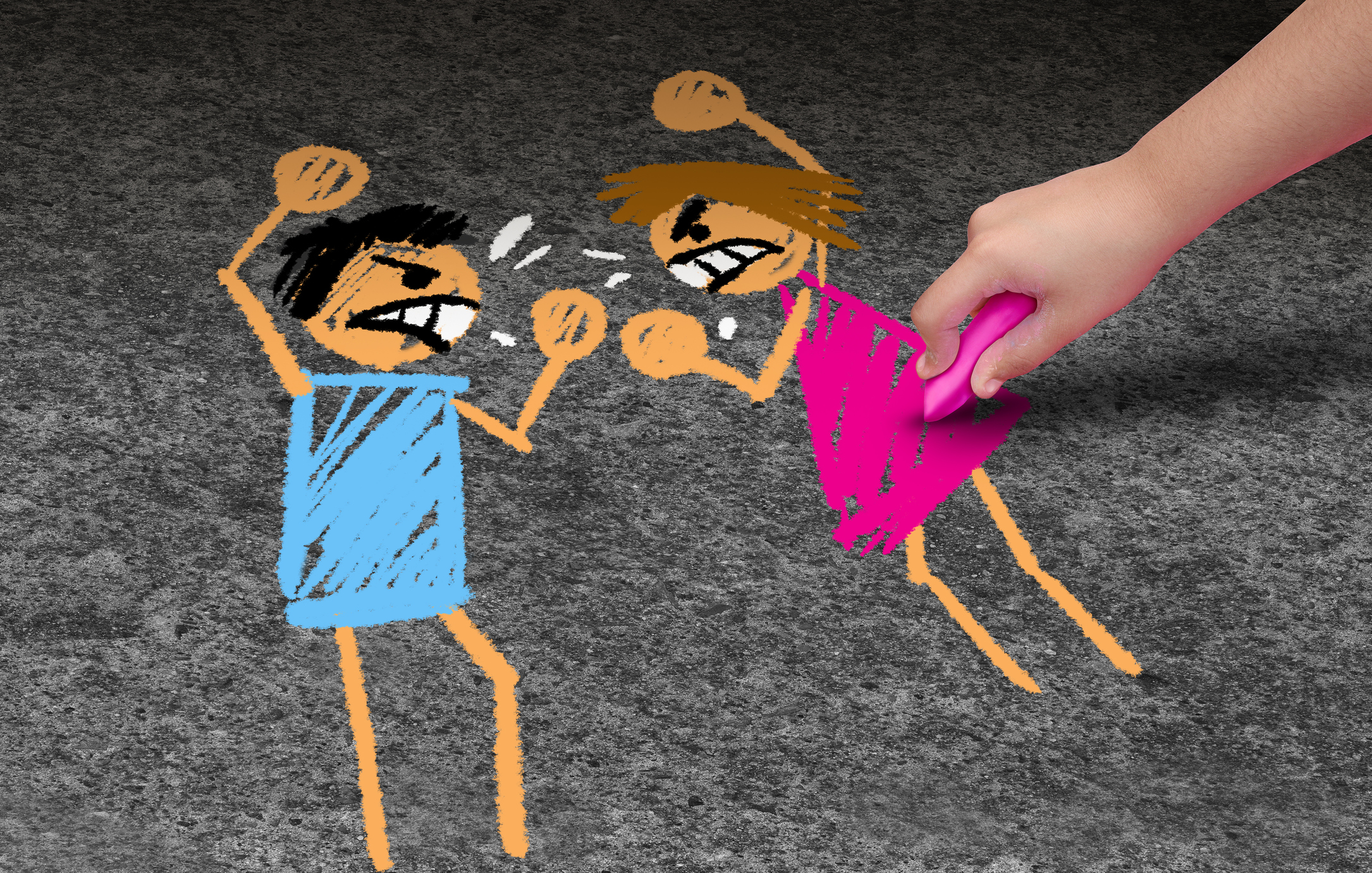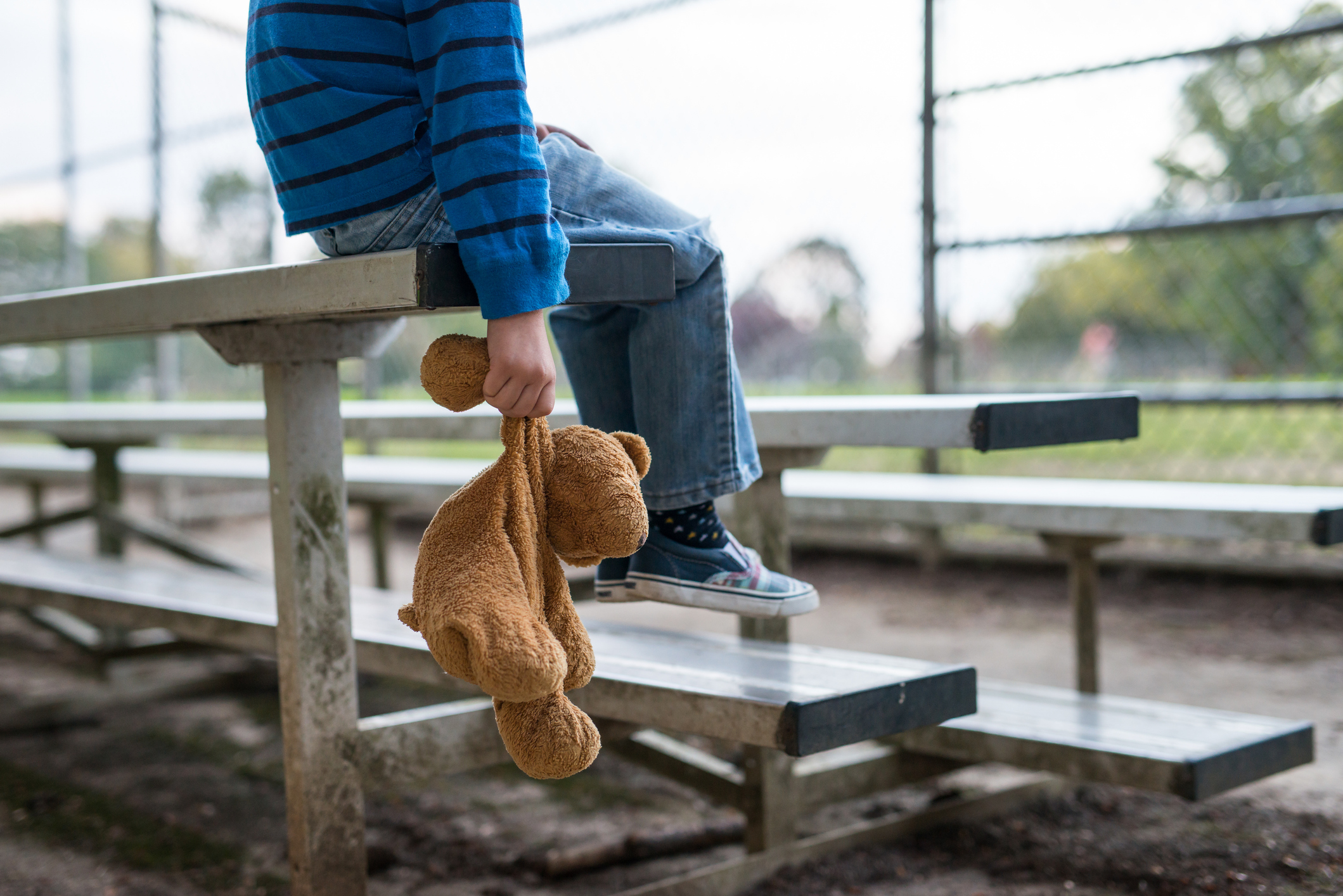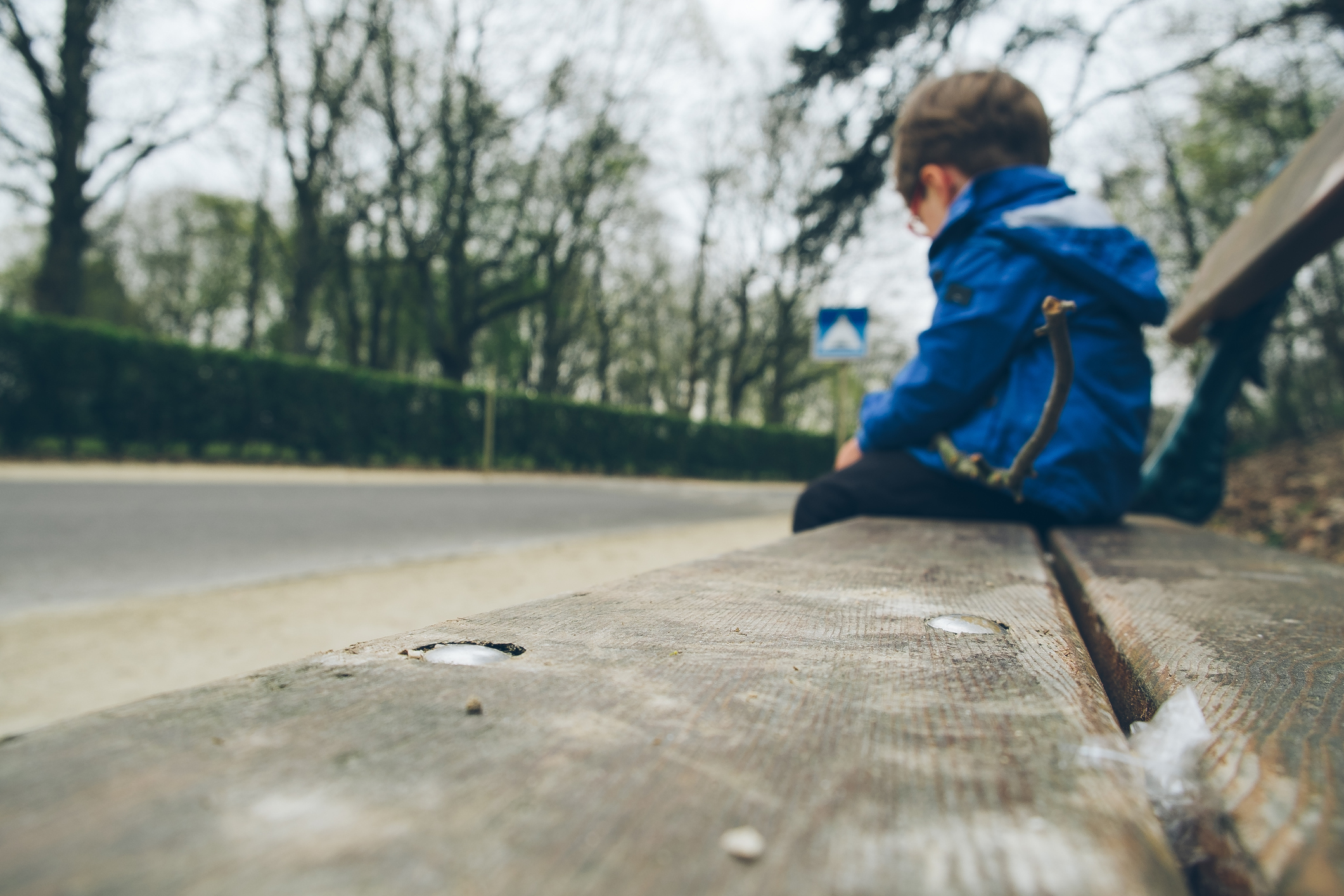
Alcoholism, along with other addictions, impacts children of the dependent parent more than our society likes to acknowledge. With the focus on helping the adult get help for his or her addiction, the physical and emotional impacts on the children are quite often overlooked.
They can lead to life-changing and, if not addressed, long-term adverse effects that can change the trajectory of children’s youth and adult years.
While having a parent with an alcohol or substance abuse problem can impact all children differently, here are some common effects it can have.
A Lack of Normalcy

Addiction shakes the core of a household and often throws all sense of normalcy out the window. Even if the alcohol dependence is mild enough to present to the world as normal, it’s still a challenge for children who live through it daily with their parents.
Also, seeing a parent they are supposed to look up to struggle with their addiction can create conflicting feelings for the child. Is the parent a good role model or a bad one? Is the lying and hiding they do as a family to hide the addiction a good trait or not?
The overall lack of normalcy can lead to a shaky foundation that impacts children for years to come.
Trust Issues
A common trait among parents with alcohol dependence is lying. Whether they’re lying about where they’re going, where they’ve been, how much they had to drink, if they’re drunk, or if they’ll be present for the school play or home to help with homework or to study for a test, the lies can lead to deep-rooted trust issues in children.
Beyond the lies told by the parent to the child and other family members, there’s also a common lie told regarding substance abuse to those outside the household.
The child and family are tasked with living life as though everything is normal, when in reality, the normalcy was never present once alcoholism appeared.
With a childhood built on lies, it can be challenging to learn to trust someone, leading to difficulty getting close to others as friends or in romantic relationships down the road.
Seeking the Approval of Others

With such a rocky foundation, children of alcoholics can find themselves always seeking the approval of others when taking on the role of a people pleaser.
This is often rooted in their desire to please their alcoholic parent and do as little as possible to add stress or drama to the family unit that’s already been altered by the nature of substance abuse in the household.
The desire to seek approval of others can also lead to fear of abandonment, settling for toxic relationships and friendships, avoiding communicating about negative feelings in fear that they’ll be left, and fear of negative communication because it might lead to anger or abuse in some way.
Alternatively, some children in their quest to seek the approval of others will actually partake in inappropriate behaviors to fit in, including alcoholism and other substance abuse.
Higher Risk of Alcohol Dependency

Because alcoholism is normalized in the household and due to some possible genetic attributes, children of alcoholics are more likely to develop a substance abuse problem at some point.
Alternatively, some turn to substance abuse as a form of coping.
A Victim of Child Abuse

While not all alcoholics are abusive or are abusive toward their children, many will express anger in the form of physical, emotional, or verbal abuse.
This often stems from the anger and frustration associated with their addiction. Experiencing abuse can change the fiber of who you are as a person, and having to manage the physical and emotional scars at a young age can affect every aspect of their life.
Also, experiencing abuse as a child, especially if it’s a consistent occurrence, can lead them to believe that accepting abuse by people who love them is part of life. That can lead to staying in abusive friendships or relationships or accepting abuse from others without speaking up or fighting back.
A Victim of Neglect

When battling an addiction, it’s challenging to tend to the needs of a child — no matter their age.
That often leads to neglect of some form, whether it’s failing to provide proper food, medical care, clothing, or a safe environment.
When there’s another parent or responsible adult living in the child’s household, the neglect is certainly lessened, but it still negatively affects the child in question.
Difficulties in School
Many children of addicts find it difficult to manage their toxic household environment while performing well academically and socially. That leads to difficulties throughout their school years.
They have a greater likelihood of skipping school, dropping out before graduation, displaying troublesome behavior, and getting bad grades.
Overall Feelings of Being Unhappy
Overall, children of addicts fail to achieve the level of happiness they should. Many experience the following emotions regularly, and the impact doesn’t stop at childhood. Instead, it continues on for the rest of their lives, unless they seek help to heal the pain established in their youth.
• Lack of self-worth
• Poor self-esteem
• Anxiety
• Depression
• Lack of motivation
• Attention deficit hyperactivity disorder (ADHD)
• Sadness
• Anger
• Constant worry
• Fear
• Frustration
• Feeling overwhelmed







